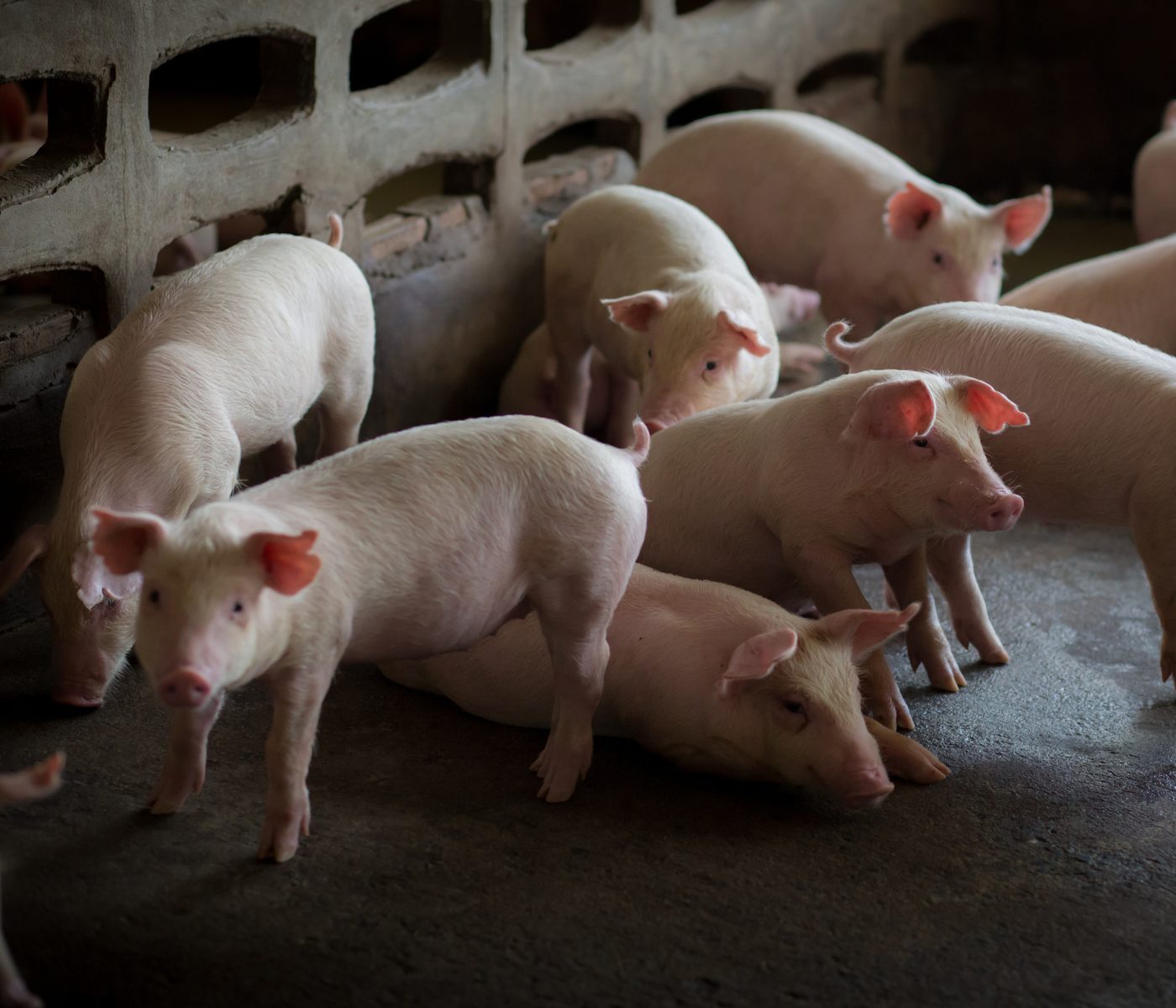 30 Aug 2024
30 Aug 2024
The findings of this study underscore the potential of Individual Precision Feeding to revolutionize pig farming by making it more environmentally sustainable. By reducing harmful emissions and improving feed efficiency, IPF offers a viable solution to some of the most pressing environmental challenges associated with livestock production. Moreover, this innovative approach not only benefits the environment but also provides economic advantages by lowering feeding costs and enhancing livestock performance.
The results of this research suggest that adopting IPF systems could play a critical role in the future of sustainable pig farming, not just in Quebec but potentially in other regions with similar agricultural practices. As the industry continues to seek ways to reduce its environmental footprint, precision feeding represents a promising pathway toward achieving these goals.
For a deeper dive into the study’s findings and their implications, you can access the full article here.
Source: “Berta Llorens, Candido Pomar, Bernard Goyette, Rajinikanth Rajagopal, Ines Andretta, Maria Angeles Latorre, Aline Remus, Precision feeding as a tool to reduce the environmental footprint of pig production systems: a life-cycle assessment, Journal of Animal Science, Volume 102, 2024, skae225, https://doi.org/10.1093/jas/skae225″
Subscribe now to the technical magazine of animal nutrition
AUTHORS

Nutritional Interventions to Improve Fertility in Male Broiler Breeders
Edgar O. Oviedo Rondón
The Use of Organic Acids in Poultry: A Natural Path to Health and Productivity
M. Naeem
Synergistic Benefits of Prebiotics and Probiotics in Poultry, Swine, and Cattle
Gustavo Adolfo Quintana-Ospina
Hybrid Rye Potential in Laying Hen Feed Rations
Gwendolyn Jones
A day in the life of phosphorus in pigs: Part I
Rafael Duran Giménez-Rico
Use of enzymes in diets for ruminants
Braulio de la Calle Campos
Minerals and Hoof Health in the Pregnant Sow
Juan Gabriel Espino
Impact of Oxidized Fats on Swine Reproduction and Offspring
Maria Alejandra Perez Alvarado